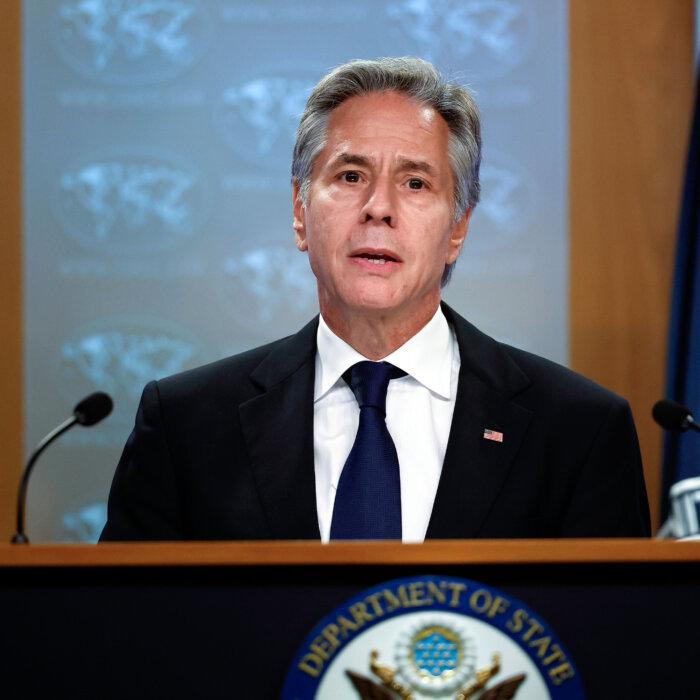Argentine President Javier Milei has presented his 2025 budget to the country’s Congress and promises to deactivate the “debt bomb” his government inherited.
He told the Congress in Buenos Aires on Sept. 15: “The cornerstone of this budget is the first truth of macroeconomics, a truth that for many years has been neglected in Argentina: that of zero deficit.
“Managing means cleaning up the balance sheet, deactivating the debt bomb that we inherited.”
In an unprecedented move, Milei, a 53-year-old economist, read out his budget speech rather than leaving it to his economy minister, Luis Caputo.
The opposition Peronist coalition, Unión por la Patria, largely boycotted the event while Milei’s supporters interrupted his speech with cheers.
Milei’s key pledge to voters last year was to kill the country’s chronic fiscal deficit, which he has blamed on years of mismanagement by the Peronists.
His Libertarian Party controls less than 15 percent of the seats in Congress and has been battling moves by the opposition to raise salaries and pensions in line with inflation.
He says pay raises would undermine his “zero deficit” budget, which is backed by the International Monetary Fund.
The Argentine Congress, which controls the government’s purse strings, will have to approve the final budget, which raises the prospect of months of negotiations and political deadlock.
In his speech on Sept. 15, Milei said: “We will only discuss the increase in spending when it comes along with an explanation of what we’ll cut to compensate for it.
‘Protects the Fiscal Balance’
Milei said, “This draft budget ... has a methodology that protects the fiscal balance no matter what the economic scenario is.”Argentine economist Agustín Almada said: “The budget is a declaration of principles. Even if there is no compromise from the opposition, Milei will continue pursuing this fiscal contraction.”
He has managed to rack up a fiscal surplus for the first time in two decades.
Milei has cut energy and transport subsidies and removed finances from the provinces.
The president said his fiscal shock therapy will not be painless but that he has managed to cut inflation from 26 percent in December 2023 to 4 percent.
Plan to Boost Defense Spending
Milei has pledged to increase spending on defense and the intelligence services but again has been blocked by Congress.He has committed to increasing defense spending from 0.5 percent of gross domestic product to 2.1 percent.

Argentina’s military, which famously invaded the Falkland Islands in 1982—only to be defeated by a British task force sent by then-Prime Minister Margaret Thatcher—used to be one of the country’s strongest institutions.
It was later announced that the Argentine government could not afford to raise the wreck from the floor of the South Atlantic Ocean.







